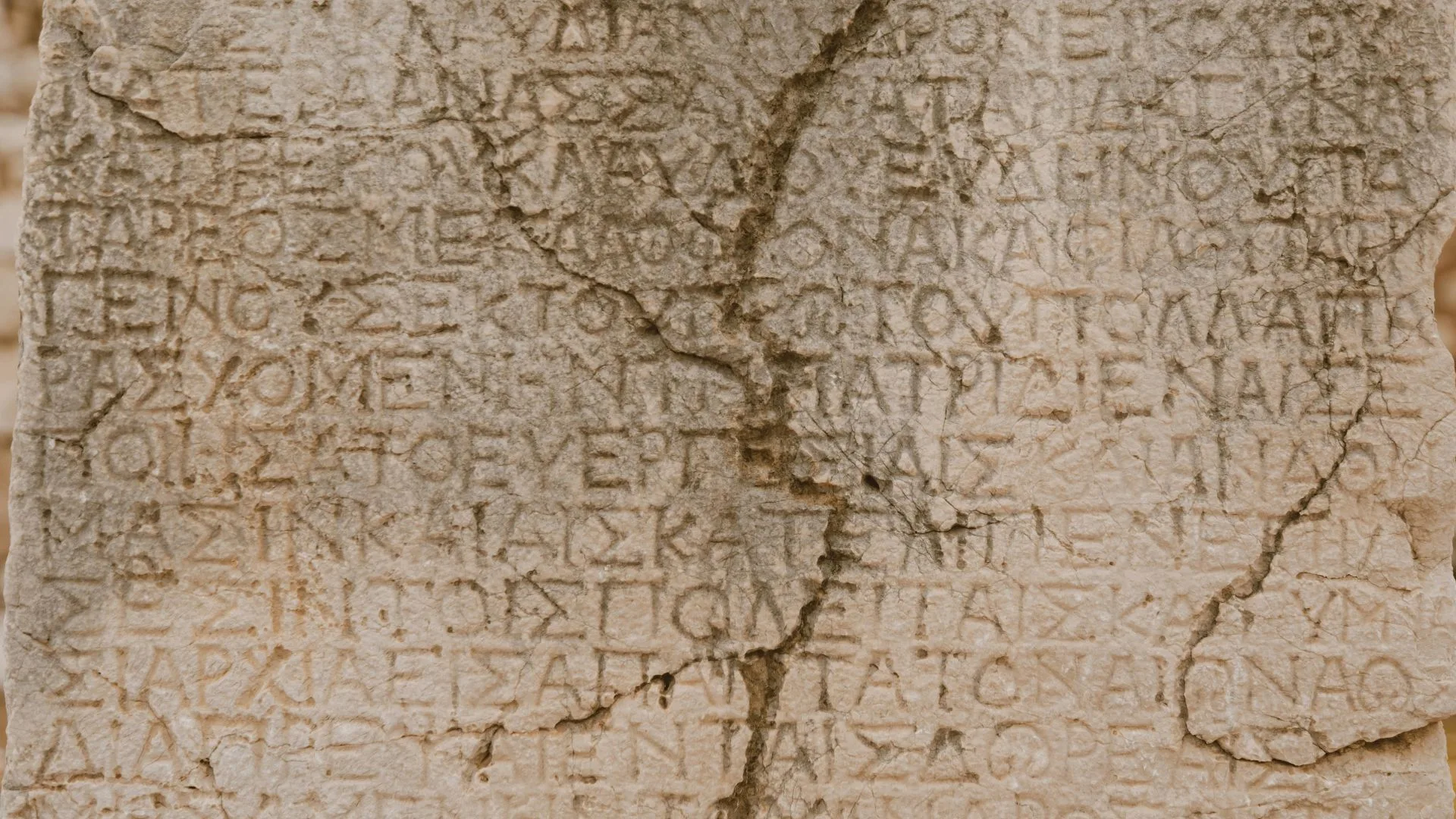Traditionally, scholars have dated the origins of the Greek alphabet to the 8th century BC. However, Associate Professor Willemijn Waal, with the help of a Vici grant, aims to explore whether the alphabet could be several centuries older, originally written on perishable materials like papyrus or wood, universiteitleiden.nl has reported.
Since the 1930s, researchers believed in an “alphabetic bang”—the idea that the Greek alphabet suddenly emerged in the 8th century BC and rapidly evolved into other alphabets such as the Anatolian and Italic, precursors to Latin script. But new evidence suggests a slower, earlier development.
Recent carbon-14 dating of pottery reveals inscriptions that may date back to the 9th or even 10th century BC, indicating the Greek alphabet’s origins predate current estimates. Furthermore, the earliest surviving inscriptions were likely not the first ever written—just the first to survive due to the durability of materials like clay or stone.
If the alphabet was in use earlier, it challenges the idea of a 400-year “Dark Age” in Greece without writing. It could also shift perspectives on Homer’s Iliad and Odyssey, suggesting these epics may have been written—or at least partially recorded—earlier than thought.
While Waal acknowledges that questioning long-held beliefs may be controversial, she sees it as an exciting part of scientific discovery. “You never stop learning,” she says.
Source: universiteitleiden.nl
